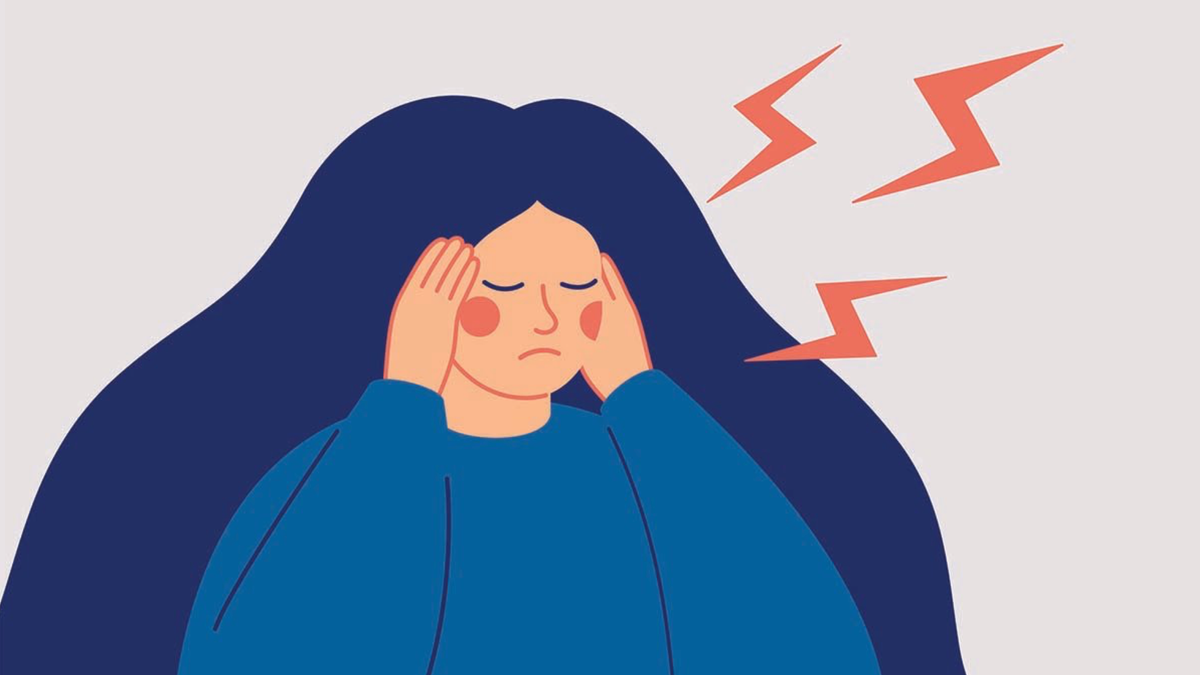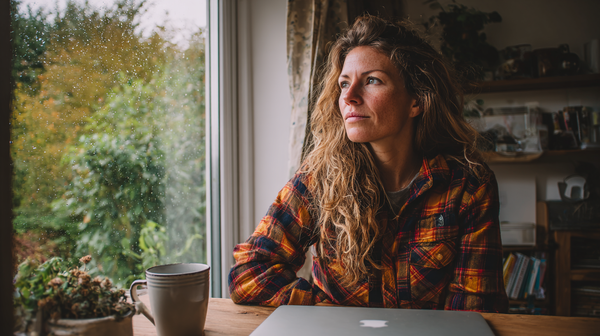Why does socialising feel so damn exhausting?

Are you finding the thought of meeting up with friends, family, and acquaintances a daunting experience? Or have you already done so and now you're calling for a return of lockdown so you can recover from the bombardment of social gatherings? You're not alone.
One of the unintended consequences of self-isolating has been we find it really hard to un-isolate ourselves, according to therapists.
“We haven’t done it for so long, so face-to-face socialising is something our minds and bodies have become unaccustomed to,” says Lucy Fuller, a counsellor, psychotherapist and member of the UK Council for Psychotherapy, said in a recent interview.
“We’re having to think and concentrate more about how we go about this activity, so we’re using up more mental energy.”
Old world, new habits ✍️
The problem is our brains are so good at adjusting to the world. For the past four months, it's been ticking away, adapting to the lack of social interaction, and giving itself a pat on the back for doing so.
When studying this phenomenon, researchers found that when we're alone, our brains assume it's because something awful has happened.
So in absense of contact, it starts to perceive other people as a source of potential danger - and in this pandemic, that danger was real. Thus begins a slow but subtle shift in our behaviour. From social butterfly, to socially isolated toad.
Night terrors 😱
On top of that, John Cacioppo, director of the Cognitive and Social Neuroscience lab in Chicago found socially isolated subjects started having different sleeping patterns.
The lonely subjects, he found, had more disordered, less restorative sleeping, with more micro-awakenings during the night, almost as though they were remaining vigilant for social rejection — or for threats of any kind — even as they slept.
As a result they didn’t feel refreshed after sleep, and tended to get drowsy during the day. Essentially, our brains, which were formed back in the days when humans were a middling member of the food chain living under the threat of being eaten, is on high alert for these threats. So what can we do about it?
The first thing, says psychotherapist Rakhi Chand is to "pace yourself". Our brains, while super duper at so many things, can quickly become overwhelmed by new environments, and new ways of being, just like at the beginning of lockdown.
So give you, and your friends some time to adjust to the new normal. Your brain will thank you for it.
Ok, where can I learn more? 📚
- The science of loneliness - nice little primer on what science has seen when we're isolated.
- You're not alone in your loneliness - a beautiful Ted Talk on how sharing your loneliness can help bring you back in from the cold.
- Another element adding to our sense of exhaustion, is the lack of structure and being forced to live in an entirely new way.





